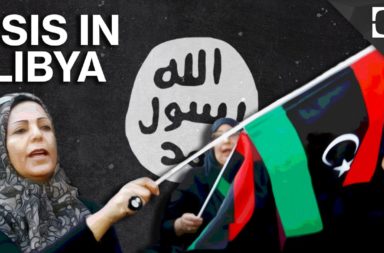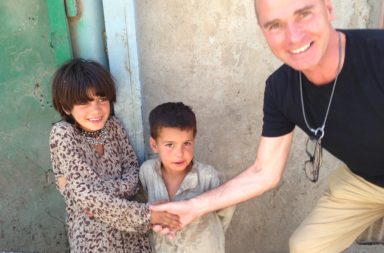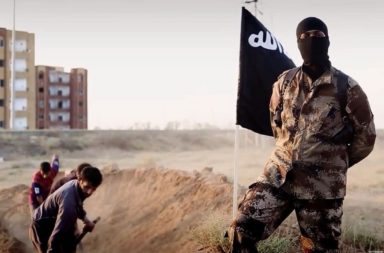In the aftermath of attacks like the one in Orlando on Sunday, connections are almost inevitably drawn to groups like ISIS and others who seek to harm the United States.
To understand how ISIS can inspire “lone wolf” style attacks in the West, we need to first realize that ISIS will react to its recent defeats and battles of attrition in the Middle East by stepping up its attacks on targets in nations supporting Iraq, Turkey, and other Arab states actively involved in the fight against ISIS. These types of attacks have targeted western countries including the United States, France, and Belgium. Second, we must realize that ISIS is making every effort to portray its fight as a battle between Muslims and non-Muslims, and as the fight for the future of Islam.
To carry out these types of attacks, ISIS will use terror cells in Europe, foreign volunteers living in Syria, or foreign volunteers who have returned home, as well as every aspect of their social media presence and network of contacts in the United States to encourage “martyrs” and “lone wolf” attacks. Given the timing of the fighting in Iraq and Syria, this phenomenon of external encouragement from ISIS headquarters in Syria and Iraq seems likely to continue well into 2017.
The question then arises as to what happens to ISIS and its fighters if and when they lose control of population centers and disperse into Syria, Iraq, or any other number of countries. At present, ISIS’s focus in the battle is concentrated on holding parts of Syria and Iraq, and the ruthless exploitation of suicide attacks, booby traps, urban warfare and civilian shield in Iraq and Syria.
However, if and when ISIS sees the end coming to its “caliphate,” it is going to try to survive by any means necessary. To do this, ISIS will focus more broadly in shaping its ideological battle, and will use terrorism wherever and whenever it can, including increased calls for “lone wolf” attacks perpetrated by sympathizers living in Western countries.
We need to realize this, and work with our Arab, Turkish, and European allies to do everything possible to limit and defeat ISIS outside Iraq and Syria, keep it from metastasizing, and counter its efforts to exploit cells, foreign volunteers, and individuals vulnerable to its propaganda and efforts to exploit alienation, anger, and instability.
This article appeared on CSIS




